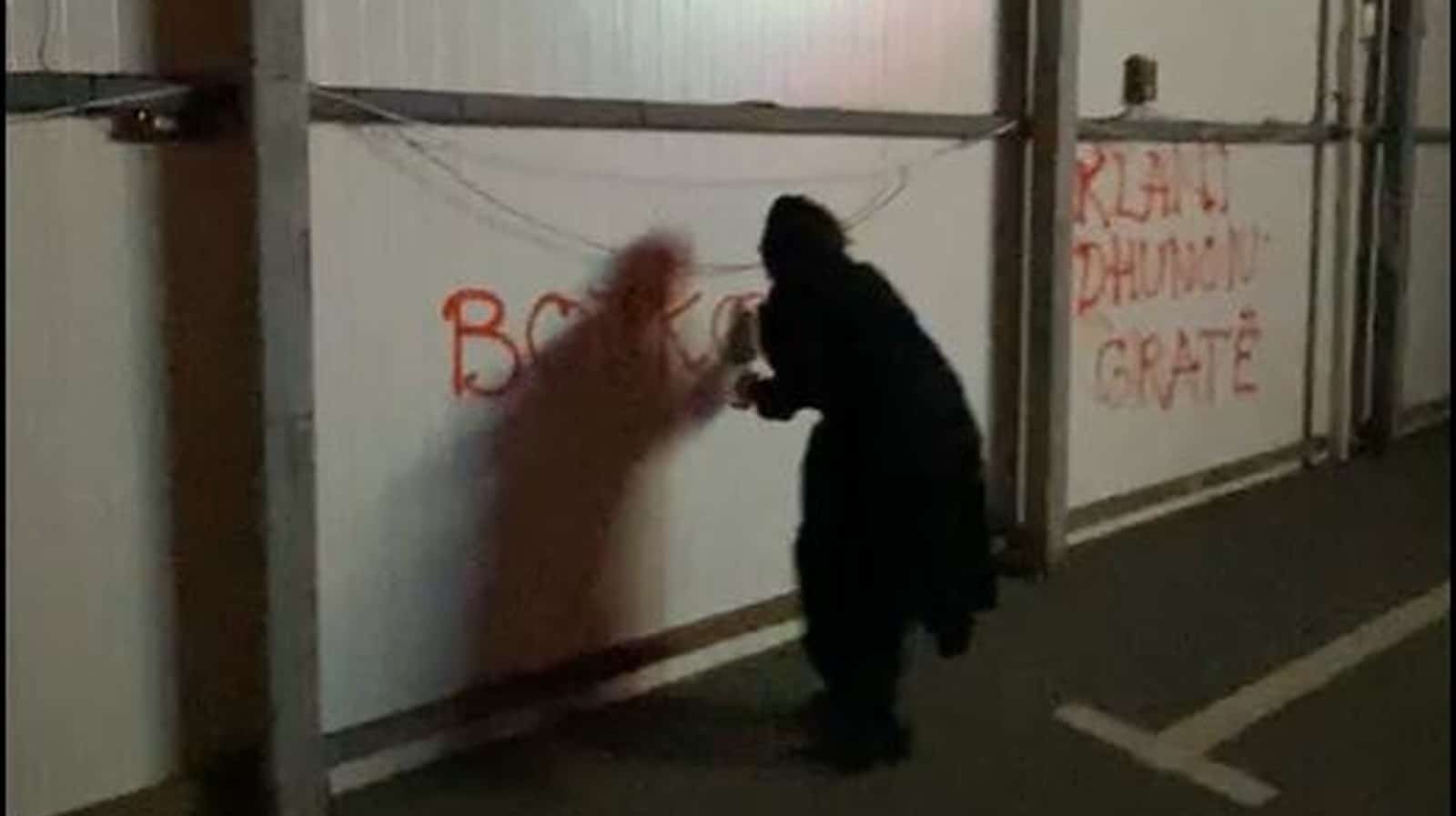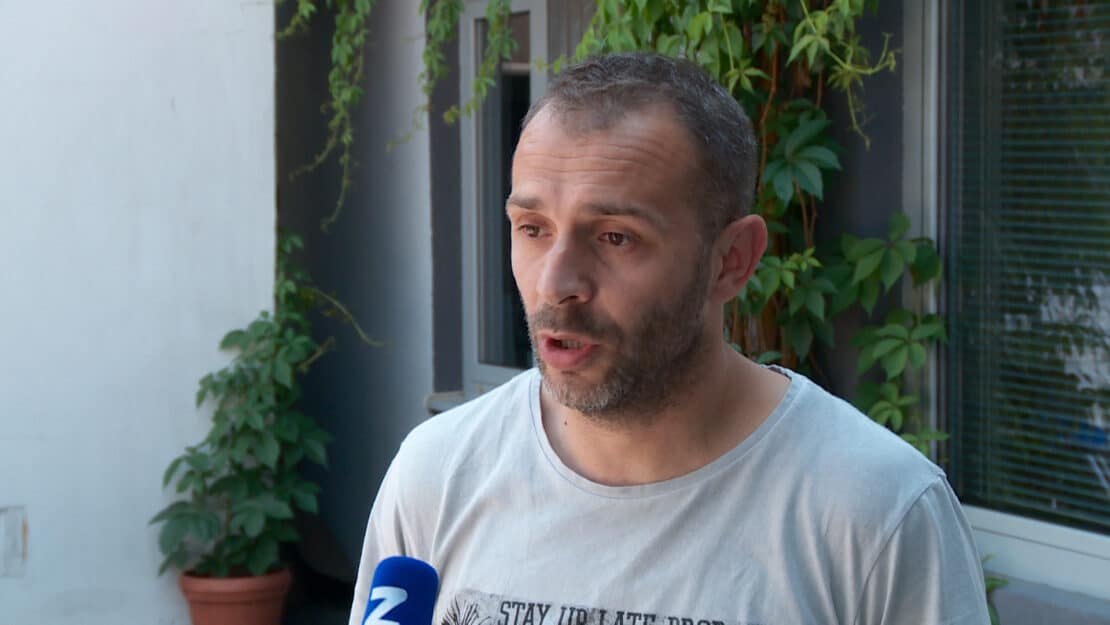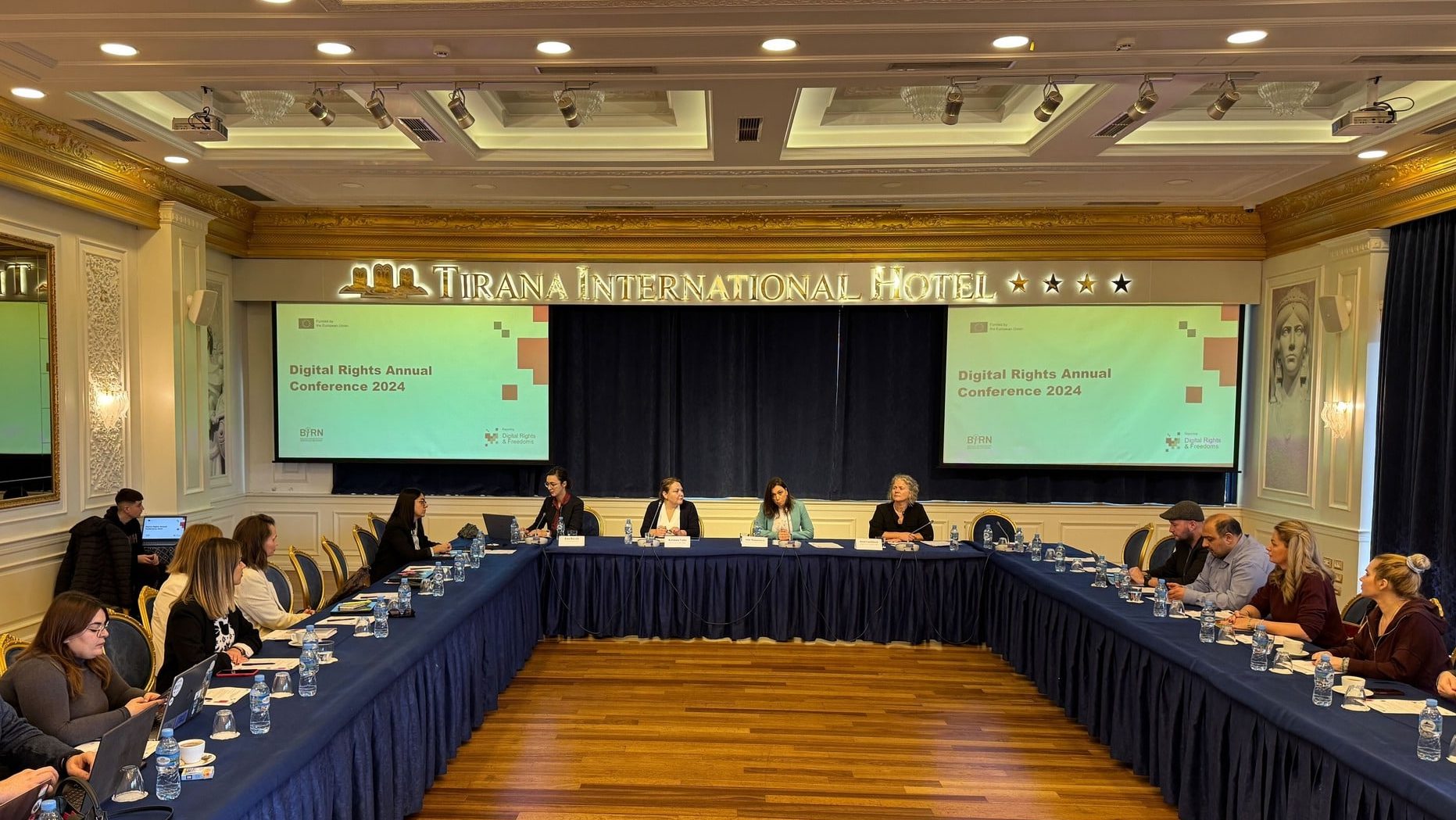As part of a wider attempt to curb revenge porn and child sexual abuse, the European Commission has designated the well-known adult companies Pornhub, Stripchat and XVideos as Very Large Online Platforms, VLOPs, which means they will come under closer scrutiny.
“I welcome the designations of Pornhub, XVideos and Stripchat as Very Large Online Platforms. It will allow for higher scrutiny and accountability of their algorithms and processes. The DSA [Digital Services Act] demonstrates once again that it is an essential tool to ensure that technology respects the fundamental rights of European citizens,” Margrethe Vestager, Vice-President of Europe Fit for the Digital Age, said.
By February 17, 2024, the three companies will need to adopt specific measures to protect minors from harmful content and address the dissemination of illegal content.
Pornhub is a pornography video-sharing website based in Cyprus. Stripchat [Technius Ltd.], also based in Cyprus, is a live sex and entertainment community, and XVideos, based in the Czech Republic, is a pornographic video-sharing and viewing website. According to the Commission, the three companies fulfil the threshold of 45 million average monthly users in the EU.
“The criteria to determine if a platform is “very large” in the sense of the Digital Services Act are very straightforward,” stated Thierry Breton, Commissioner for the Internal Market.
“Any online platform with more than 45 million users in the EU has special obligations because of its scale. We have already designated 19 Very Large Online Platforms and Search Engines. We will continue to designate platforms that meet the thresholds and make sure that they comply with their obligations under the DSA … creating a safer online environment for our children is an enforcement priority under the DSA,” he added.
Pornhub on its website wrote that it has 33 million average monthly users, not 45 million: “As of July 31, 2023, Pornhub has 33 million average monthly recipients of the service in the European Union, calculated as an average over the period of the past six months,” it said.
The Commission’s decision comes amid rising concern about revenge porn and child sexual abuse.
Revenge porn, on its own, is not defined as a criminal offence in most Balkan countries. Greece made it an independent criminal offence in the criminal code in 2022 following the case of a TV presenter, Stathis Panagiotopoulos, who shared the sexual content of his partner on a porn platform. Besides that change, the porn industry is unregulated in Greece.
The Commission under the DSA designated 17 VLOPs and 2 Very Large Online Search Engines, VLOSEs, in April 2023, aiming to protect users online, including minors, requiring the companies to assess and mitigate their systemic risks and to provide robust content moderation tools.
The designated platforms were Alibaba AliExpress, Amazon Store, Apple AppStore, Booking.com, Facebook, Google Play, Google Maps, Google Shopping, Instagram, LinkedIn, Pinterest, Snapchat, TikTok, Twitter, Wikipedia, YouTube, Zalando, Bing and Google Search.

















